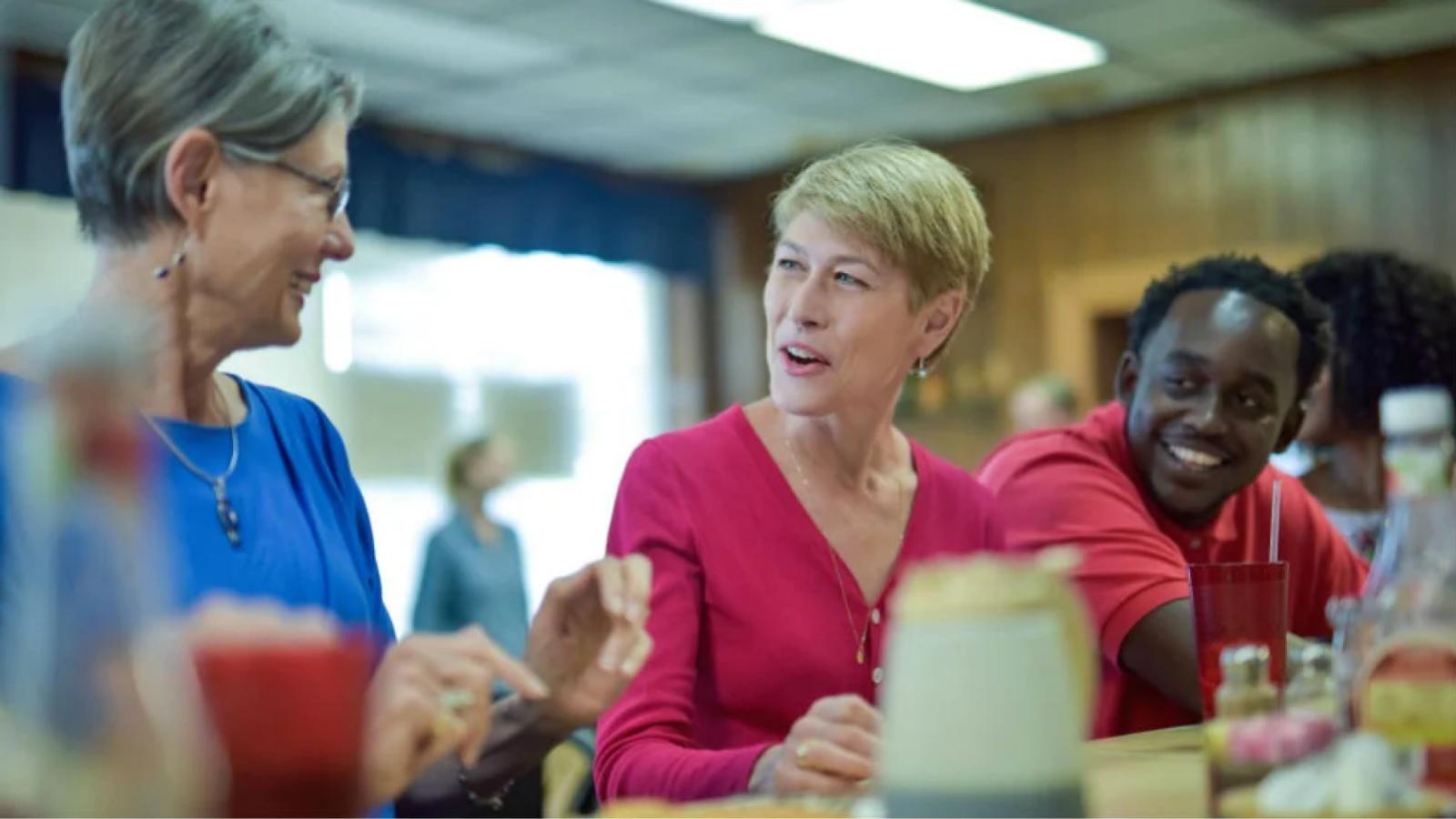Current Position: US Representative of NC 2nd District since 2021
Affiliation: Democrat
Former Position: Lawyer from 1990 – 2013
District: The district contains most of Wake County. Prior to court-mandated redistricting in 2019, it also included northern Johnston County, southern Nash County, far western Wilson County, and all of Franklin and Harnett counties.
Upcoming Election:
Ross was the Democratic nominee in the 2016 U.S. Senate election in North Carolina, unsuccessfully challenging Republican incumbent Richard Burr in the general election.
Ross worked for Raleigh-based Hunton & Williams as a tax litigator and municipal bond lawyer. She taught at Duke Law School as a senior lecturing fellow.
Featured Quote:
Republicans want to pick their voters rather than have voters pick their politicians. Honored to join @TheRevAl
to discuss how we can combat GOP-led voter suppression efforts in legislatures across America. We must use every tool at our disposal to protect the right to vote.
NC Congresswoman Deborah Ross supports COVID-19 relief
OnAir Post: Deborah Ross NC-02


